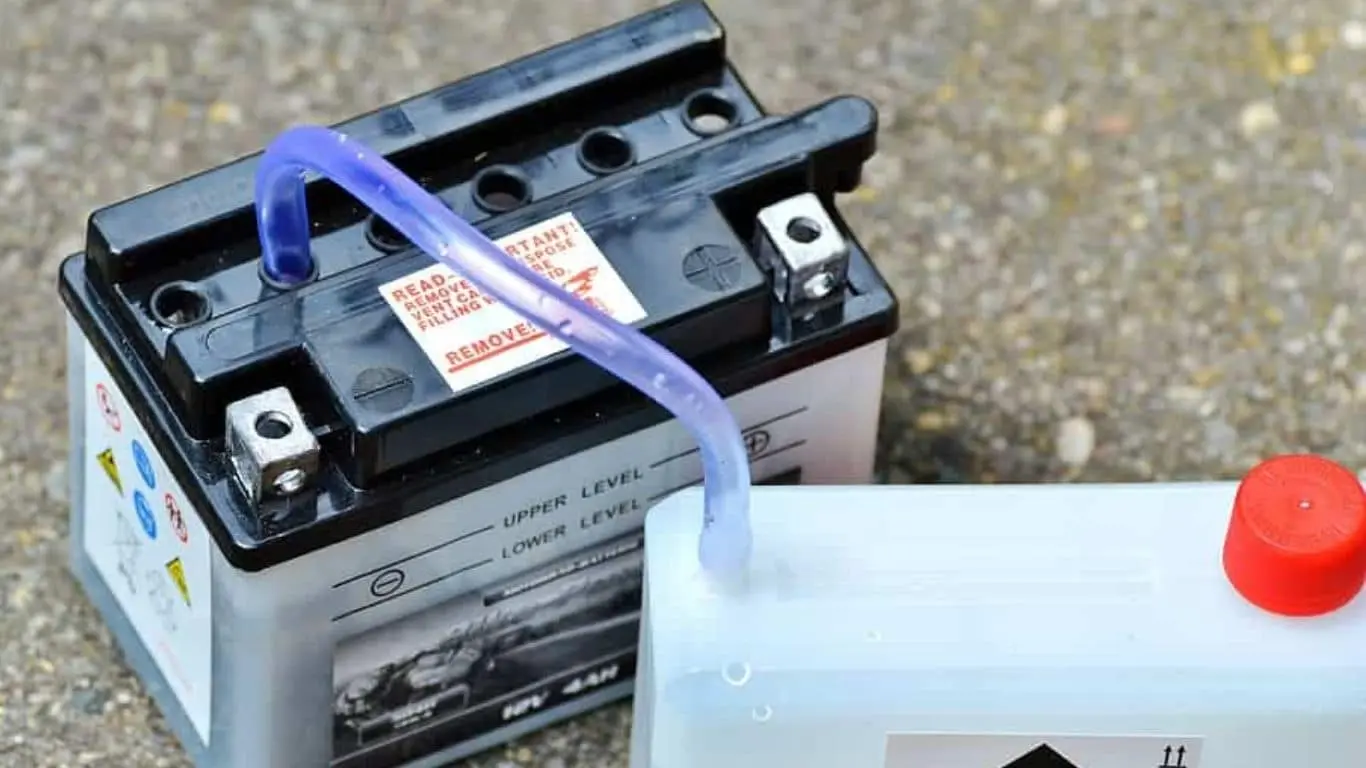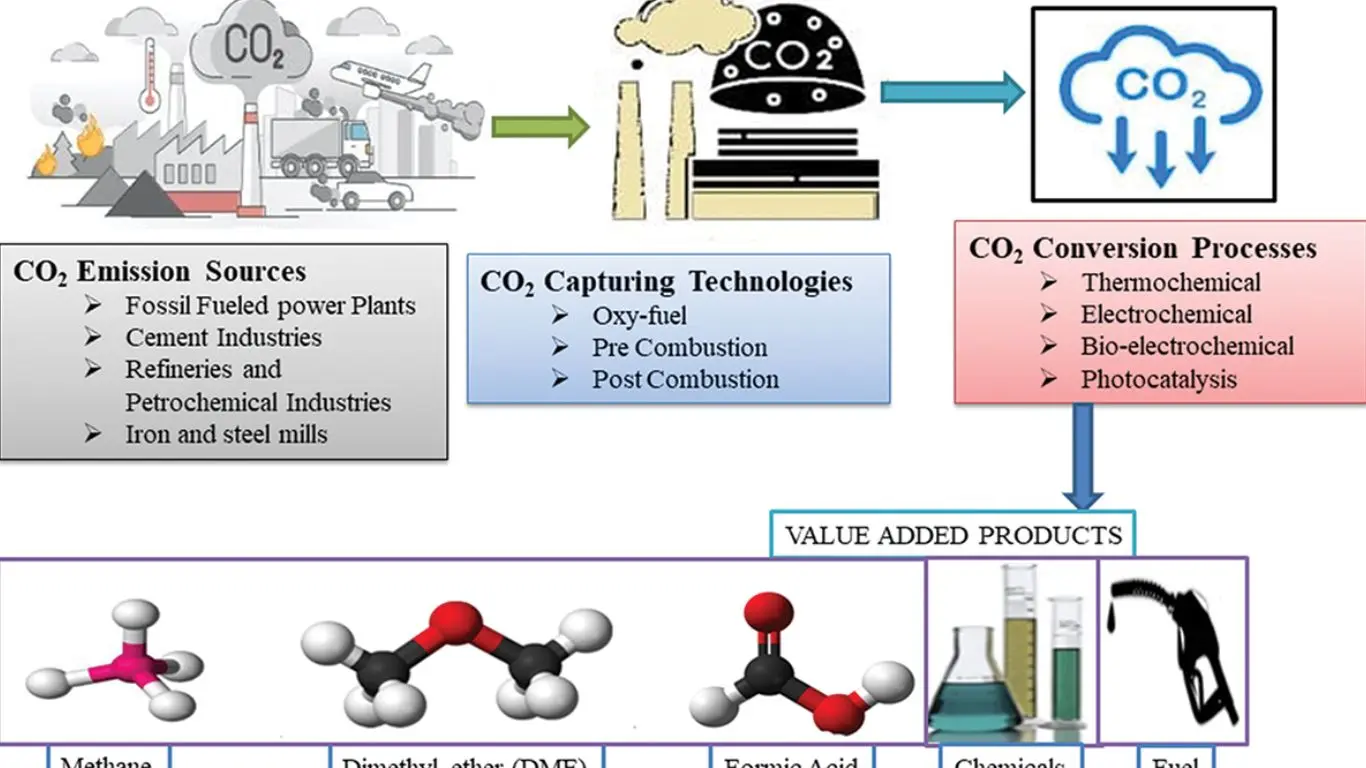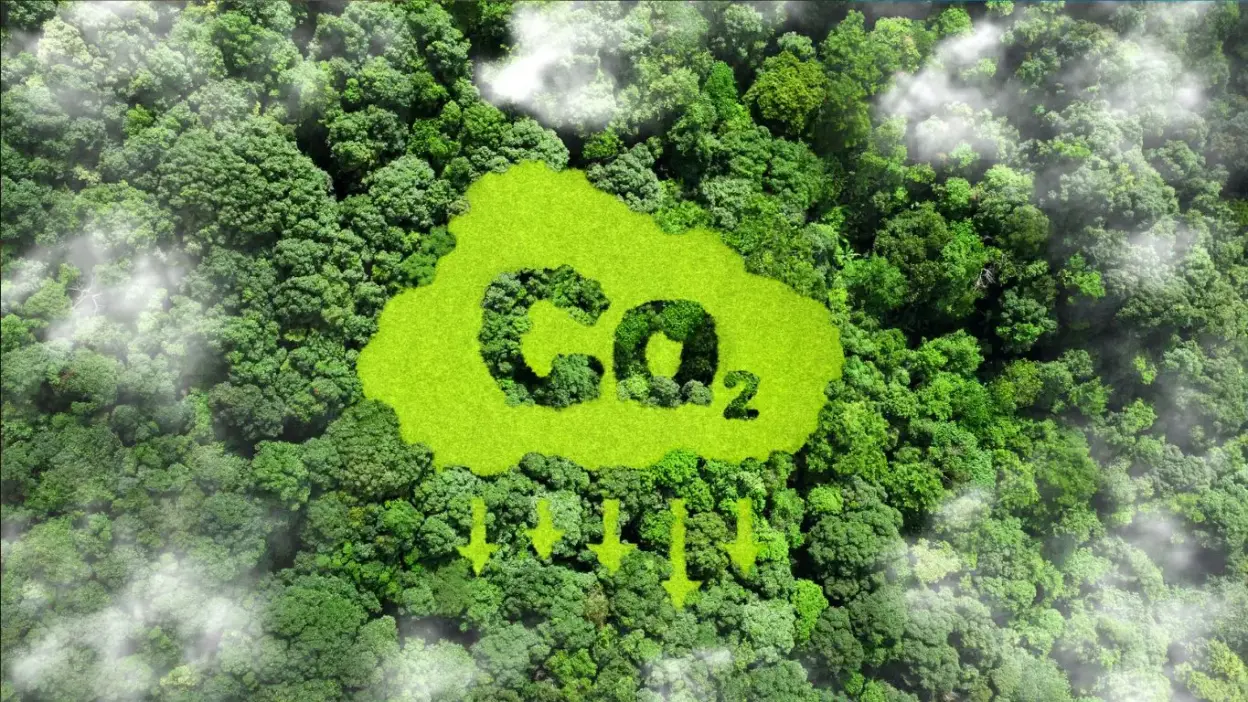In the quest to combat climate change and reduce greenhouse gas emissions, researchers are continuously exploring innovative methods to capture and convert carbon dioxide (CO2) into useful products. A recent breakthrough in this endeavor has been made by a collaborative team from the Huazhong University of Science and Technology (HUST) in Wuhan, China, and the University of Auckland, New Zealand. This team has developed a cutting-edge process with a remarkable efficiency rate of 93% in converting CO2 into valuable chemicals, marking a significant milestone in carbon capture technology.
The process utilizes electrochemical methods to transform CO2 into various chemicals such as methanol, ethanol, alkanes, or olefins. Traditionally, such conversion systems were hindered by their limited operational lifespan of only a hundred hours, due to the formation of unwanted by-products like carbonates that would impair the efficiency of the equipment. However, the international research team has overcome this obstacle by discovering an electrolyte that enables the system to operate for at least 5,000 hours, vastly extending its potential for large-scale applications.

An intriguing aspect of this technology is its use of spent lead acid batteries as a source for the electrolytes. These batteries, commonly found in automotive, energy, and military sectors, pose a disposal challenge due to the toxicity of lead. The researchers have ingeniously repurposed these batteries, not only addressing the disposal issue but also enhancing the conversion of CO2 into useful products.
The team’s success in producing formic acid from CO2 is particularly noteworthy. Formic acid has numerous applications, ranging from agriculture to potential use in fuel cells, highlighting the versatility of the converted products. Furthermore, the researchers are optimistic about the technology’s capacity to generate even more complex chemicals, such as ethylene, which plays a crucial role in various industries including textile, automobile, and printing.

This breakthrough not only presents a sustainable way to repurpose hazardous waste but also opens new avenues for the fossil fuel industries to decarbonize their operations. By converting CO2 into commercially valuable chemicals, this technology offers a promising path toward a more sustainable and circular economy.
In India, a similar stride towards sustainability and carbon neutrality is being made by the National Centre of Excellence in Carbon Capture and Utilization (NCoE-CCU) at IIT Bombay. Supported by the Department of Science and Technology (DST), the centre has developed an innovative CO2 to carbon monoxide (CO) conversion technology. This process, capable of operating at ambient temperatures and powered by renewable energy sources, represents a significant advancement in carbon capture technology, with the potential to revolutionize the steel industry by reducing its carbon footprint and fostering a circular economy.
The global efforts in developing technologies for CO2 capture and conversion underscore the critical need for innovative solutions to address climate change. As these technologies continue to evolve and scale, they hold the promise of significantly reducing the environmental impact of industrial processes, moving us closer to achieving a sustainable future.
Also Read: Bhashini: India’s AI Based Language Platform



